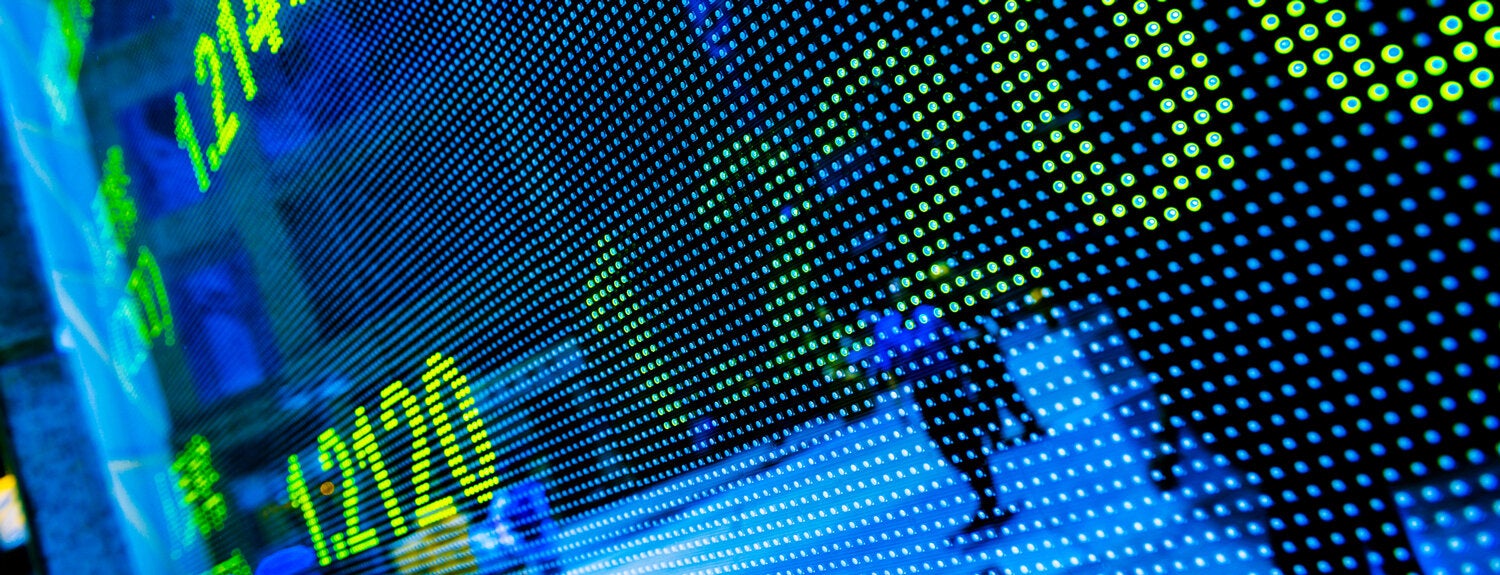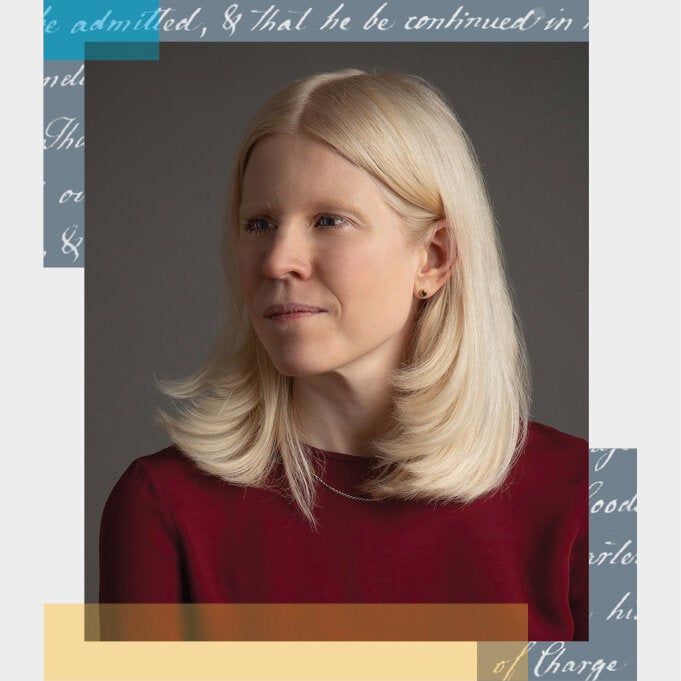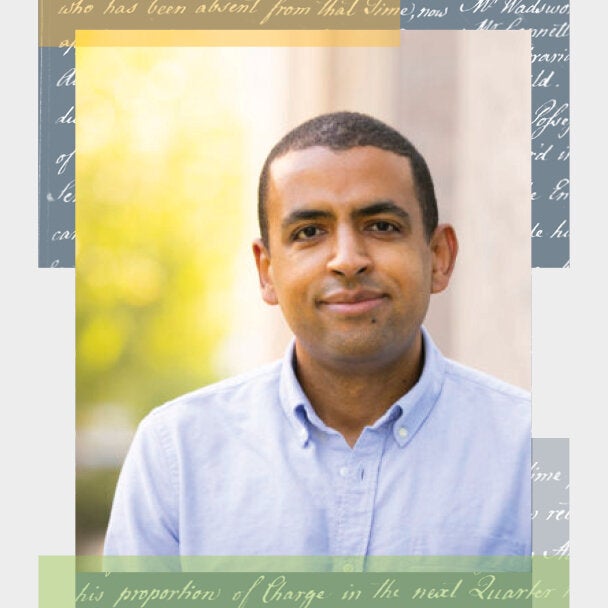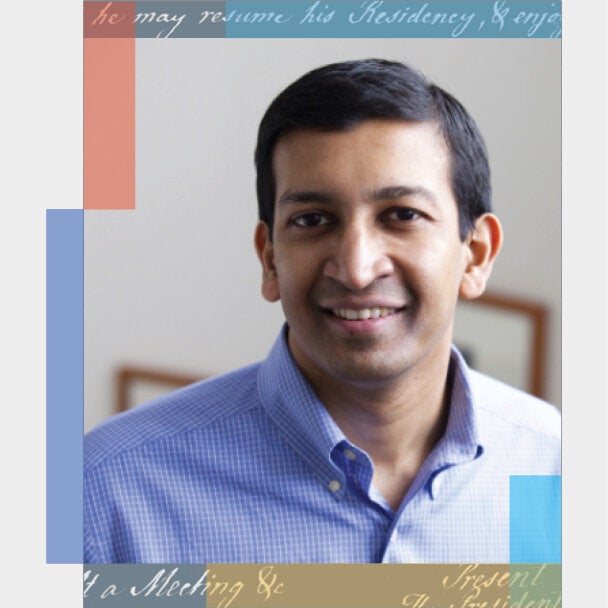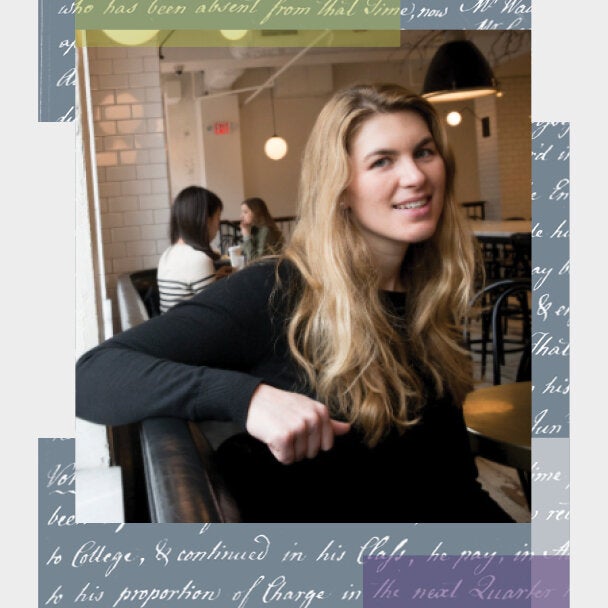Economic forces are inextricably linked to nearly every aspect of our lives, informing decision-making at all levels—from global trade policy to a family’s budget. The COVID-19 pandemic has brought existing socioeconomic inequalities into even sharper focus, requiring a deeper understanding of financial trends and data as leaders across government, business, and medicine attempt to tackle the economic fallout and implement key policy decisions.
Crucial support from forward-thinking donors is making it possible for leading scholars in the Department of Economics in the Faculty of Arts and Sciences to pursue independent research in search of solutions to a range of complex issues—such as increasing the efficiency of health care systems, reducing the impact of climate change, and stabilizing the global financial system—while educating the next generation of economists.
Meeting The Moment
Michael S. Chae AB ’90 and Alexa Bator Chae felt a sense of urgency in establishing a current-use fund to bolster research on the economics of crises, which includes finance, macroeconomics, environmental economics, and health economics.
“Providing current-use support for Harvard’s economics department offered a way to make a meaningful, direct impact on the vital research being done by faculty and students at a time of extraordinary challenges,” says Michael, who, with Alexa, has also made new pledges to support undergraduate scholarships and the Harvard College Fund. “There are very few organizations better positioned to make contributions to the understanding of—and response to—current crises.”
A Catalyst For Young Economists
For Jagdish N. Bhagwati and Padma Desai PhD ’60, supporting economics at Harvard was a tangible way to build on Desai’s contributions to the field. One of the highest-ranking university students in India in the 1950s when women were discouraged from pursuing an academic career, she was able to attain scholarships that allowed her to earn her doctorate at Harvard. Now the Gladys and Roland Harriman Professor Emerita of Comparative Economic Systems at Columbia University, Desai credits her experience in the economics department with having a significant and lasting impact on her career and her life.
“Harvard gave me the confidence in my ability to achieve my ambition to be an outstanding economist,” she says. “The world opened up for me.”
During her time at Harvard, Desai met her husband, a fellow economist who is now a professor of economics, law, and international relations at Columbia. Today, both are committed to providing a foundation for graduate students to launch their careers.
As an enduring tribute to his wife’s accomplishments, Bhagwati established the Padma Desai Economics Fund. The fund supports graduate student research through the Padma Desai Research Awards for Economics and the Padma Desai Prize in Economic Science.
Elisa Rubbo PhD ’20, the recipient of the 2020 Padma Desai Prize, studies macroeconomics and international economics. She was awarded the dissertation prize for bringing fresh insights into the dynamics of inflation, focusing on monetary policy in economies with multiple sectors. After receiving her doctorate in the spring, she joined Princeton University as a postdoctoral research associate and plans to join the Becker Friedman Institute for Economics at the University of Chicago in 2021.
“Even though the prize and research awards are open to all, it will be an encouragement to women for whom Padma’s success serves as a role model,” says Bhagwati.

